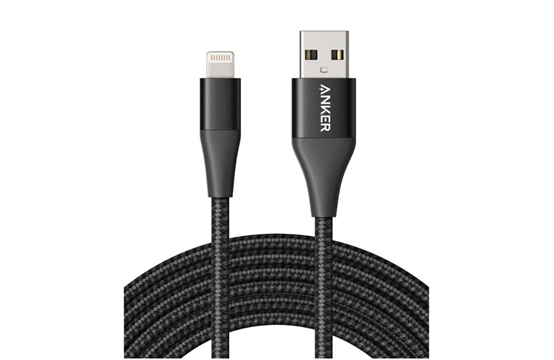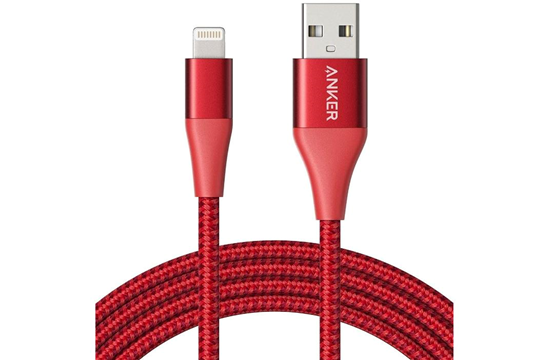The role of data cables in everyone's life
is self-evident. However, since there are so many products of this type, people
may have a vague understanding of them. When selecting the right cable for data
transfer, usb a to usb c is becoming increasingly popular due to its numerous advantages.
This article delves into why these cables stand out from the rest and why they
should be your first choice for data transfer needs. And I believe that after
reading this, you will learn more about this kind of product.
Reasons For Choosing USB A to USB C Cables for
Data Transfer
Design and Compatibility
USB A to USB C cables boasts a versatile
design that caters to a wide range of devices. With the growing adoption of USB
C ports in modern gadgets, including smartphones, tablets, laptops, and even
gaming consoles, these cables provide extensive compatibility. Unlike older USB
types such as Micro-USB and USB A to Lightning, USB C connectors are
reversible, allowing for hassle-free connections regardless of which way you
plug them in. This user-friendly feature eliminates the frustration often
associated with earlier USB designs, making it easy for users of all technical
abilities to connect their devices quickly and easily.

Speed and Power Delivery
USB A to USB C cables offer substantial
improvements in data transfer speeds and power delivery capabilities. With
support for USB 3.1 and higher standards, these cables can achieve data
transfer rates of up to 10 Gbps. This makes transferring large files, such as
HD movies and high-resolution photos, significantly quicker than with older
cable types. Furthermore, USB C cables support enhanced power delivery,
allowing for faster charging of devices. They can deliver up to 100 watts of
power, which is particularly beneficial for charging larger devices like
laptops and tablets. The increased power delivery efficiency also helps prolong
the lifespan of your devices by reducing the strain on their batteries during
charging.
Durability and Versatility
Durability is another standout feature of
USB A to USB C cables. Designed to withstand daily wear and tear, these cables
typically come with robust construction materials such as braided nylon or
reinforced connectors. This ensures that they can endure frequent bending and
plugging without fraying or breaking. Their versatility further adds to their
appeal; USB A to USB C cables can be used not only for data transfer and
charging but also for connecting peripherals like external hard drives,
printers, and monitors. This multi-functionality reduces the need for multiple
cables, decluttering your workspace and making it easier to manage your
electronic devices.
An Exemplary Cable: Anker 551 USB-A to Lightning Cable
While discussing cables, it's worth
mentioning the Anker 551 USB-A to Lightning Cable. Although it primarily serves
Apple Lightning devices, its features demonstrate the importance of choosing
high-quality cables. This cable is renowned for its amazing strength, with
tensile strength capable of withstanding 175 lbs. Its durability makes it one
of the toughest cables ever created, ensuring longevity even with rigorous use.
Another notable aspect is its Apple certification. Being MFi certified means it
guarantees flawless compatibility with Apple Lightning devices. This
certification ensures the highest possible charging speeds and a seamless
connection experience without any interruptions. Users can rely on the Anker
551 to provide consistent performance, which is essential for both charging and
data transfer tasks.

Conclusion
In conclusion, USB A to USB C cables are an
excellent choice for data transfer due to their superior design, compatibility,
speed, power delivery, durability, and versatility. As technology continues to
evolve, the demand for efficient and reliable cables grows, making USB A to USB
C a leading option for various electronic devices. Additionally, considering
specialized cables like the Anker 551 USB-A to Lightning Cable for specific
needs can further enhance your overall experience with data transfer and charging.
By prioritizing the right features and quality, you ensure optimal performance
and longevity for your devices.
